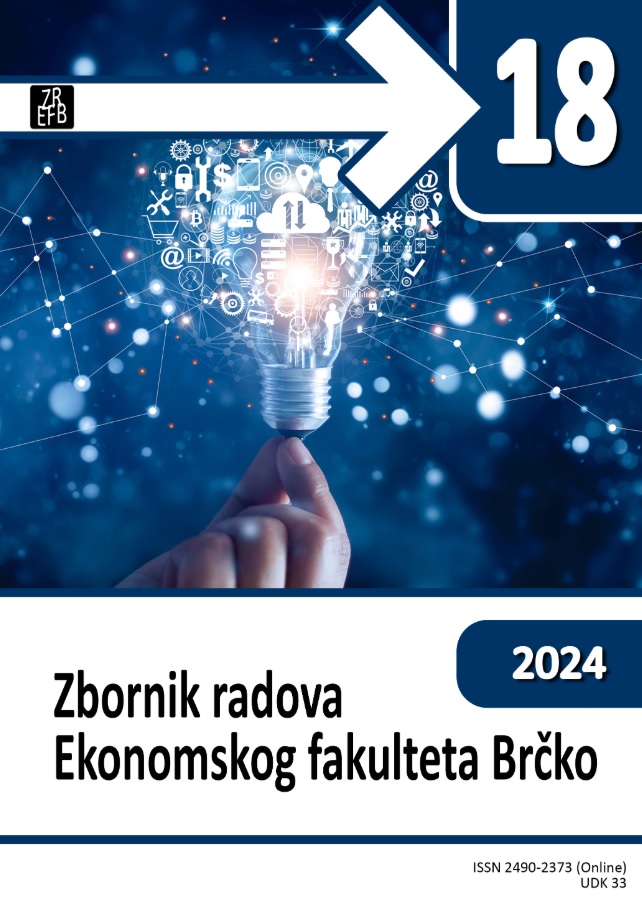DIGITALIZATION OF EDUCATION IN THE EUROPEAN UNION AND EFFECTS ON THE KNOWLEDGE ECONOMY
DOI:
https://doi.org/10.7251/ZREFB2418047PAbstract
The research of this topic is initiated by global digital transformation processes, and transition to digital economy and digital society. Digitalization in education is closely related to a new way of studying and living in a digital environment and the emergence of generations who were born and study in the specific environment. This process has been strengthened by the global pandemic and the intention to establish a continuous educational process in these circumstances through online learning. This article examines the process of digitalization of education in the countries of the European Union and the effects on the knowledge economy. The research questions evolve around the main aspects of the digital technology impact on education. The aim of the research is to collect and analyze how digital technologies have been implemented into educational system of the EU and what are the most prominent educational methods. There is no doubt that digital technology enriches learning opportunities and provides access to a great amount of information and resources. Digital technology has a huge potential for improving education, including high education. However, it also has its advantages and disadvantages. The purpose of the study is to present and critically comprehend the directions of digitalization in education, as well as its effects on modelling policies in education and science in the European Union.

